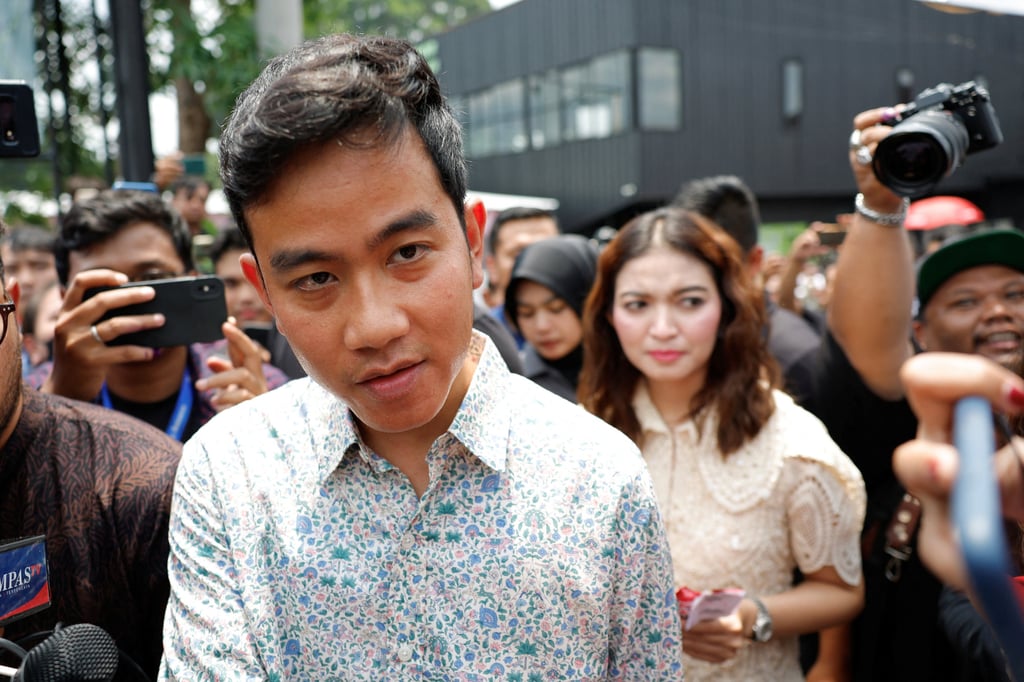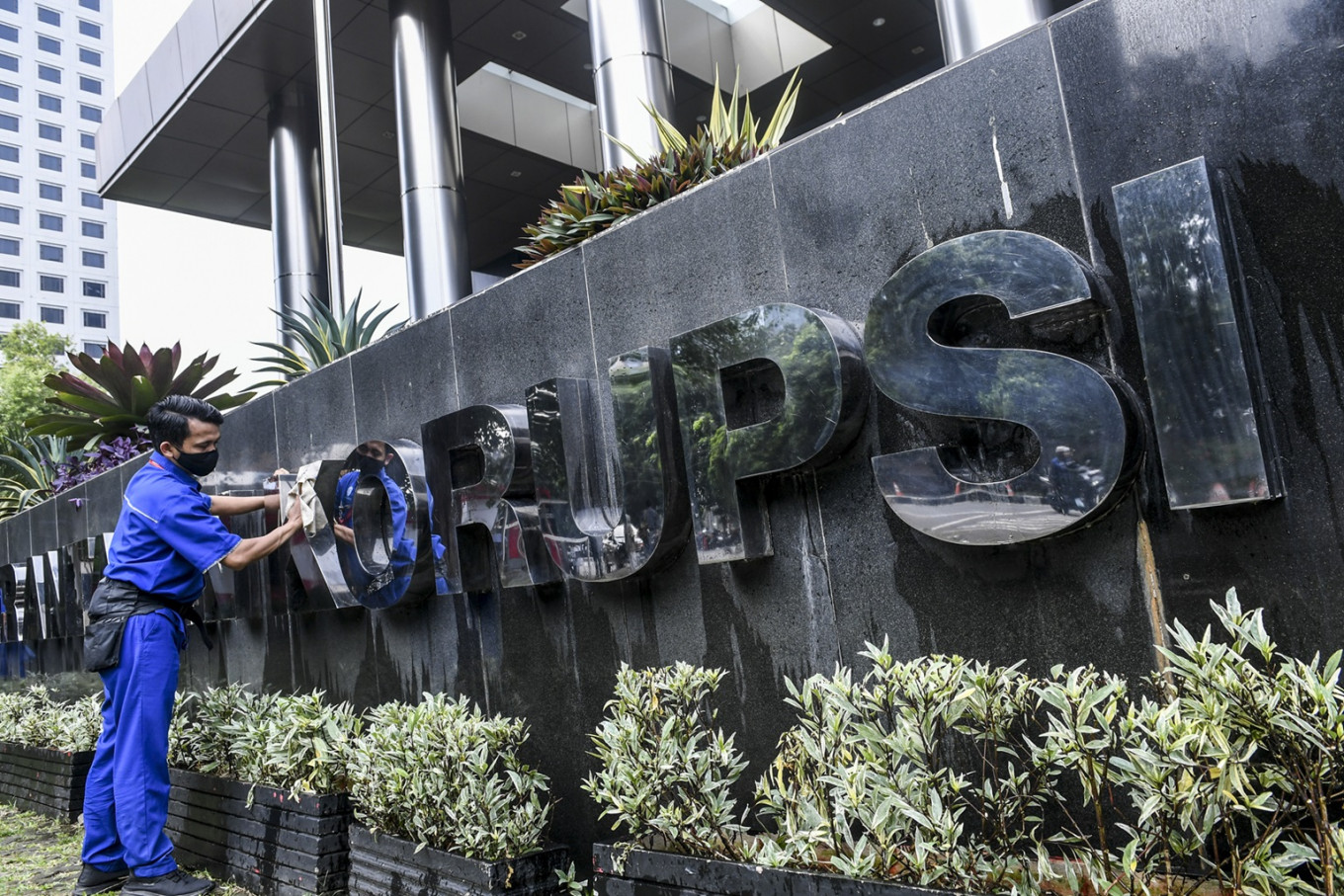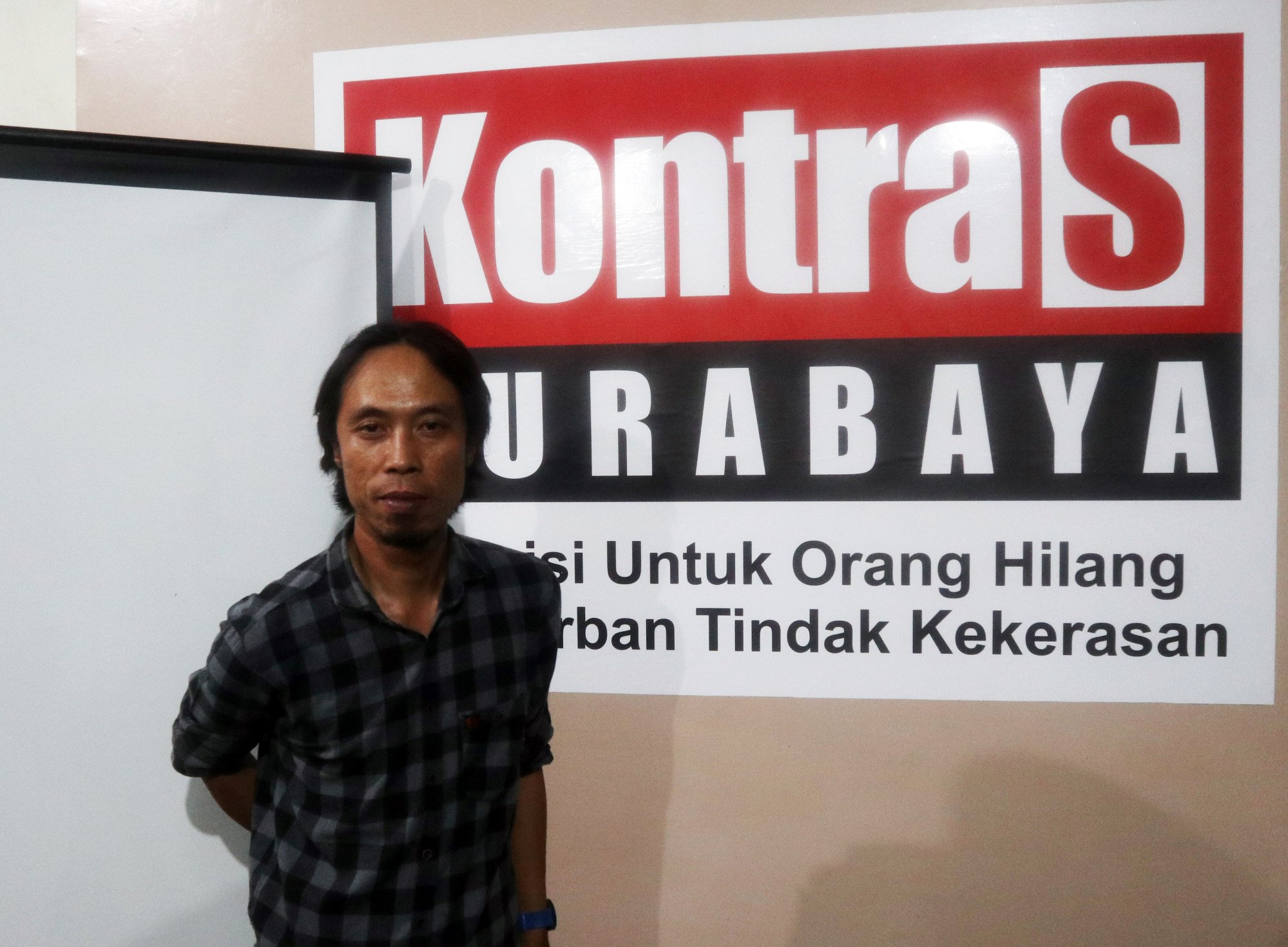Anniko Firman had never rode before coming to CambridgeLaura Dearn
Anniko Firman’s fencing match in Bath occurs the day before Liz Truss resigns. The political turmoil is tangible enough to pierce the purified Cambridge air. Editors around the country are holding the front pages. But on the crisp Wednesday morning when I meet Anniko outside the Varsity office before she drives south, it doesn’t come up.
Sport has a way of distancing itself from politics. Like a fencing match, politics dances before sport, occasionally thrusting the foil in its direction. Sport usually jumps away in time, keeping a comfortable space in between. Politics is on the front page, and sport is on the back. Occasionally, sport can’t escape, and it gets nicked by news’ foil. Newcastle United being bought by Saudi Arabia. A world cup in Qatar. Sport creeps to the front of the paper.
These moments are rare. The fencer is quick on her feet. We enjoy sport because it is a distraction, because we feel real emotions without real consequences. Politics breaks the illusion. Like a phone ringing in the theatre.
Sometimes you can’t ignore it. Brexit has taken a toll on the international sporting community in the UK. Before 2016, a European student studying at a British university would pay home fees of £9,000 a year for an undergraduate degree. Now, they must pay international fees of a minimum of £24,507 and a maximum of £63,990. EU applications are down 40% since the price hike.
Anniko Firman was one of those applicants. She is from The Hague, in the Netherlands. When her parents’ restaurant had to close during the coronavirus pandemic, they were left without a source of income. Firman had an offer to study Classics at Cambridge, but not enough money to pay for it.
When I meet Firman, she is in the second year of a Classics degree. She is a senior member of the Cambridge modern pentathlon team. She smiles a lot.

Anniko shootsHenny Dillon
She made it to Cambridge, partly due to an aunt in the US, and partly due to a GoFundMe page that went viral in the Netherlands. It raised enough to cover her tuition fees for a year and a half. “Help Anniko make her Cambridge dream come true,” her fundraising page reads. Brexit nearly meant it didn’t.
Every few months, Firman posts an update on the page. She tells me that donors like hearing about how she is doing. One thing keeps coming up in her recent updates: modern pentathlon.
Modern pentathlon is an Olympic sport comprising five events: fencing, swimming, equestrian show jumping (horse-riding), pistol shooting, and cross-country running. Firman tells me that these are meant to be the five skills one needs for battle, the purpose of the sport having been to train cavalry riders. It was one of the original sports in the first modern Olympics.
At the Tokyo Olympics in 2021, a German coach was seen punching her her horse. After the Olympics, the international modern pentathlon committee voted to remove horse-riding in an effort to prevent the whole sport from being ditched from the Olympic schedule. An obstacle course event, or cycling, have been cited as possible replacements. I’ve never heard of an army going into battle on a bicycle.
On her latest GoFundMe update, Firman tells her donors: “I’m excited to grab every opportunity Cambridge has to offer and can’t wait to get settled back into the student life.” Previously a competitive swimmer until a broken foot stopped her at 14, she dived headfirst into modern pentathlon in her first year. She has gone from strength to strength.
Firman is a strong swimmer. Her dad was a competitive swimmer in Indonesia before he moved to The Hague, and was instrumental in her development as an athlete. But she had never fenced, shot or rode horses until coming to Cambridge.

Firman trains twelve times a week, for the modern pentathlon and fencing teamsHenny Dillon
The riding was especially tough. Firman invested a lot of time learning to ride, and by the end of her first year she made it into the first team for Varsity. She trains eight times a week. Combined with her participation in the fencing club, that climbs to twelve times. Firman says she turns up to supervisions carrying her fencing gear, and her supervisors are always friendly and interested, rather than critical of her taking so much time away from her work. I don’t tell her that it might be because she is carrying a bag of swords.
Talking to Firman, it is clear how grateful she is to those donors who helped her get to Cambridge.
She never expected it to blow up the way it did. She got a call one night from a Dutch journalist who wanted to cover the story, and the next morning the article was published. Soon, she had exceeded her already ambitious fundraising target.
One can’t help thinking, though, that Firman should not have had to raise the money in the first place. Her parents came to the Netherlands from Indonesia, and now she is in the UK. She competes against athletes of all nationalities. Sport has an international spirit – a spirit that Brexit undermined, nearly preventing Firman from making it to Cambridge.
Firman is a Classicist. She will know the words of Diogenes the Cynic: “I am a citizen of the world.” Firman raised money thanks to 700 donors from across the globe, and she is now an athlete in the modern pentathlon, a sport played in 120 countries. The sporting community at Cambridge is an international one, and it is better for it. Politics is making this harder to sustain.
After the interview, Firman tells me there’s a space in the car if I want to join the fencing team in Bath. Unfortunately, I can’t. I have a seminar, where most of the time is taken up by discussion of the next step for the Conservatives. I watch a football highlights video afterwards. The commentator makes a passing comment on the significance of the players taking the knee before kick-off, still in his football commentary voice. The video cuts straight back to the action. The fencer is quick on her feet.
Varsity is the independent newspaper for the University of Cambridge, established in its current form in 1947. In order to maintain our editorial independence, our print newspaper and news website receives no funding from the University of Cambridge or its constituent Colleges.
We are therefore almost entirely reliant on advertising for funding and we expect to have a tough few months and years ahead.
In spite of this situation, we are going to look at inventive ways to look at serving our readership with digital content and of course in print too!
Therefore we are asking our readers, if they wish, to make a donation from as little as £1, to help with our running costs. Many thanks, we hope you can help!



